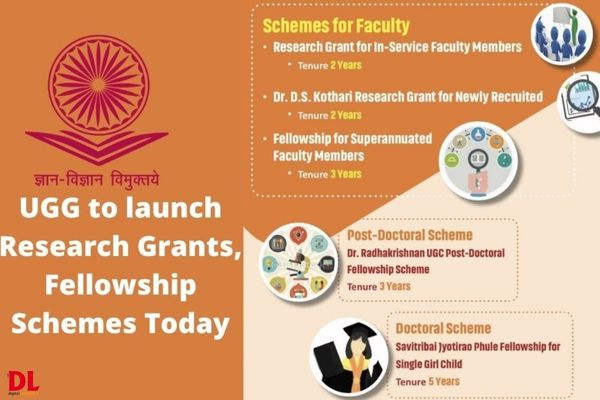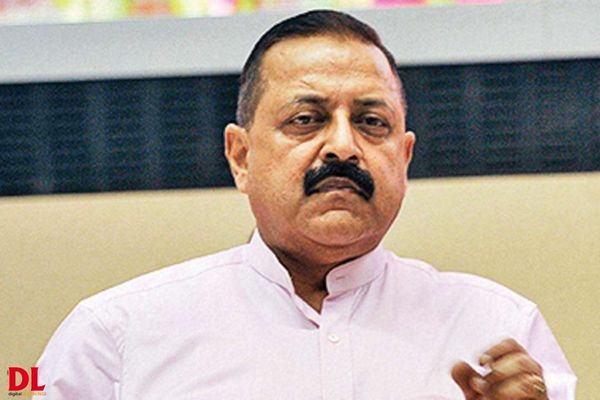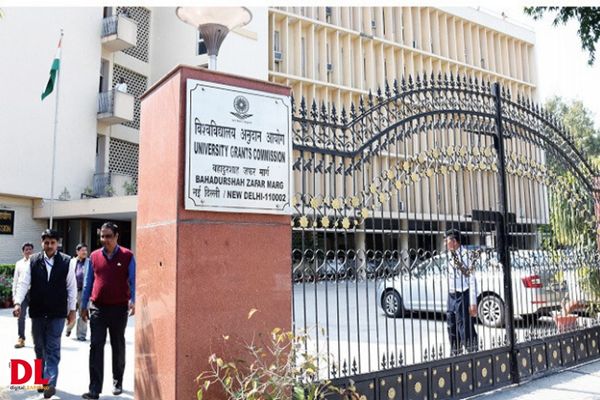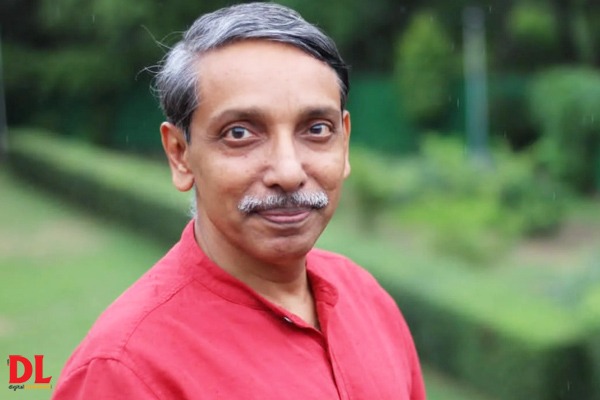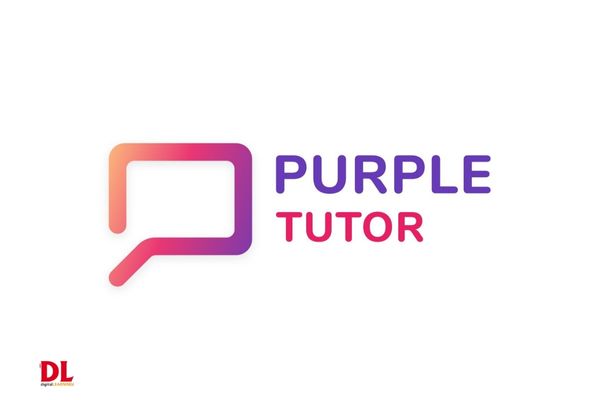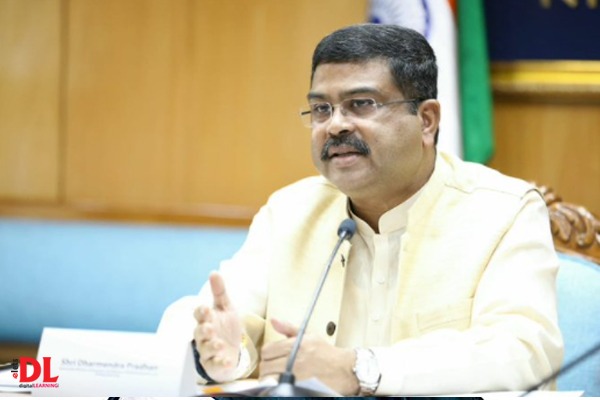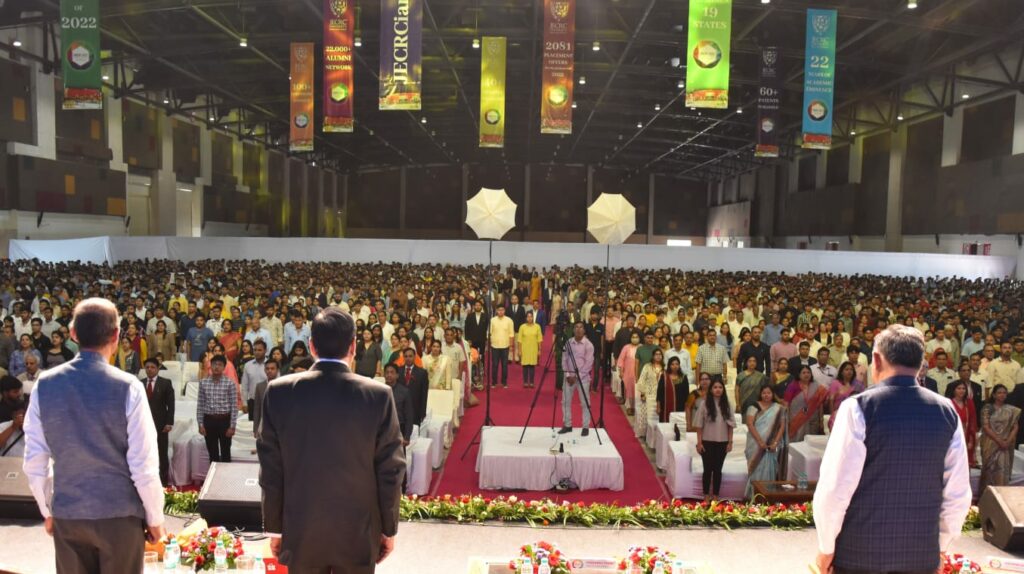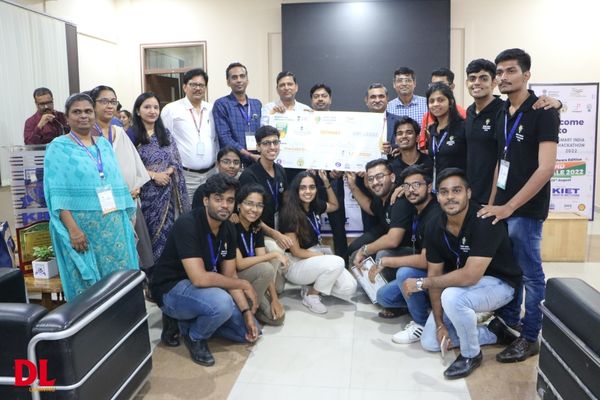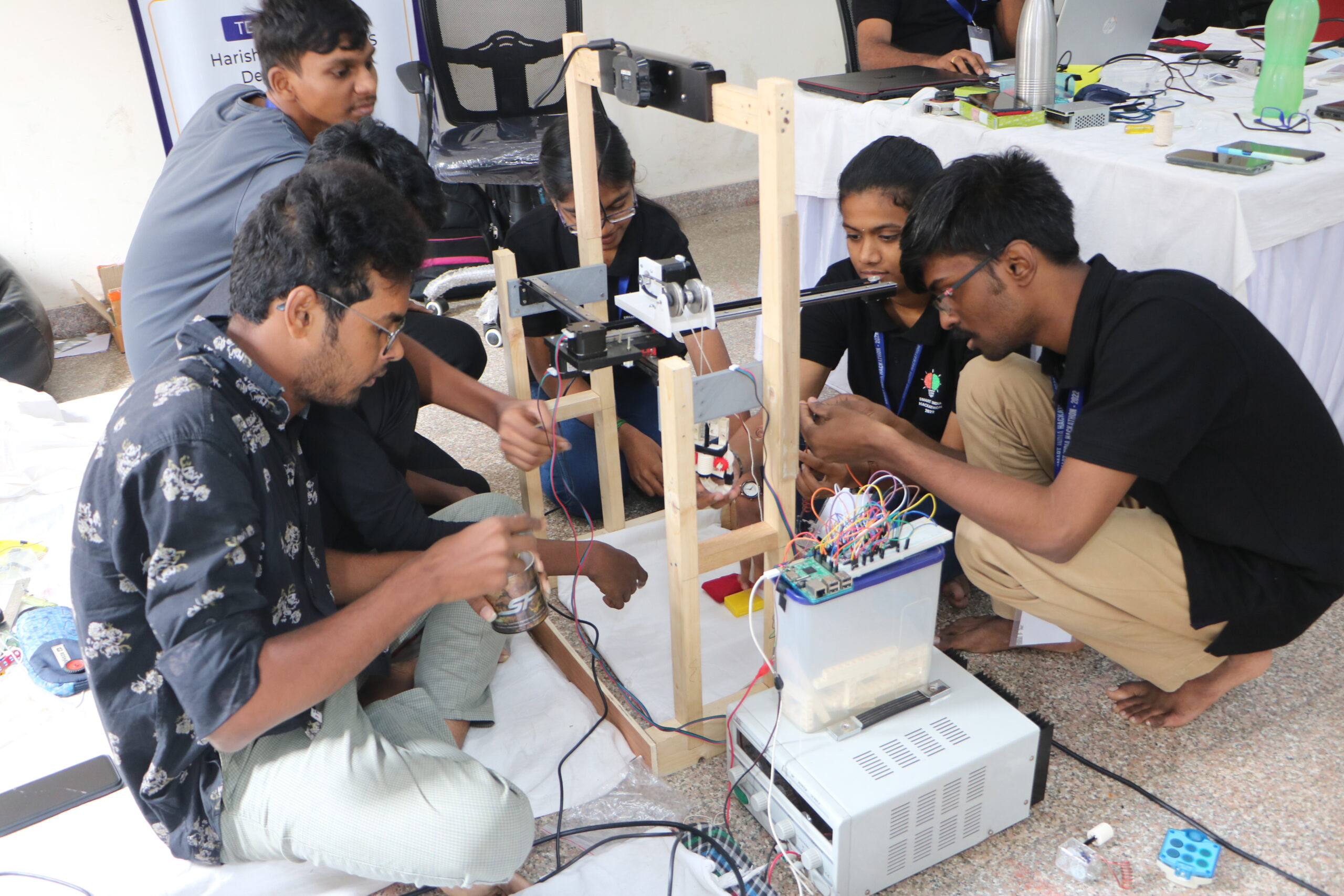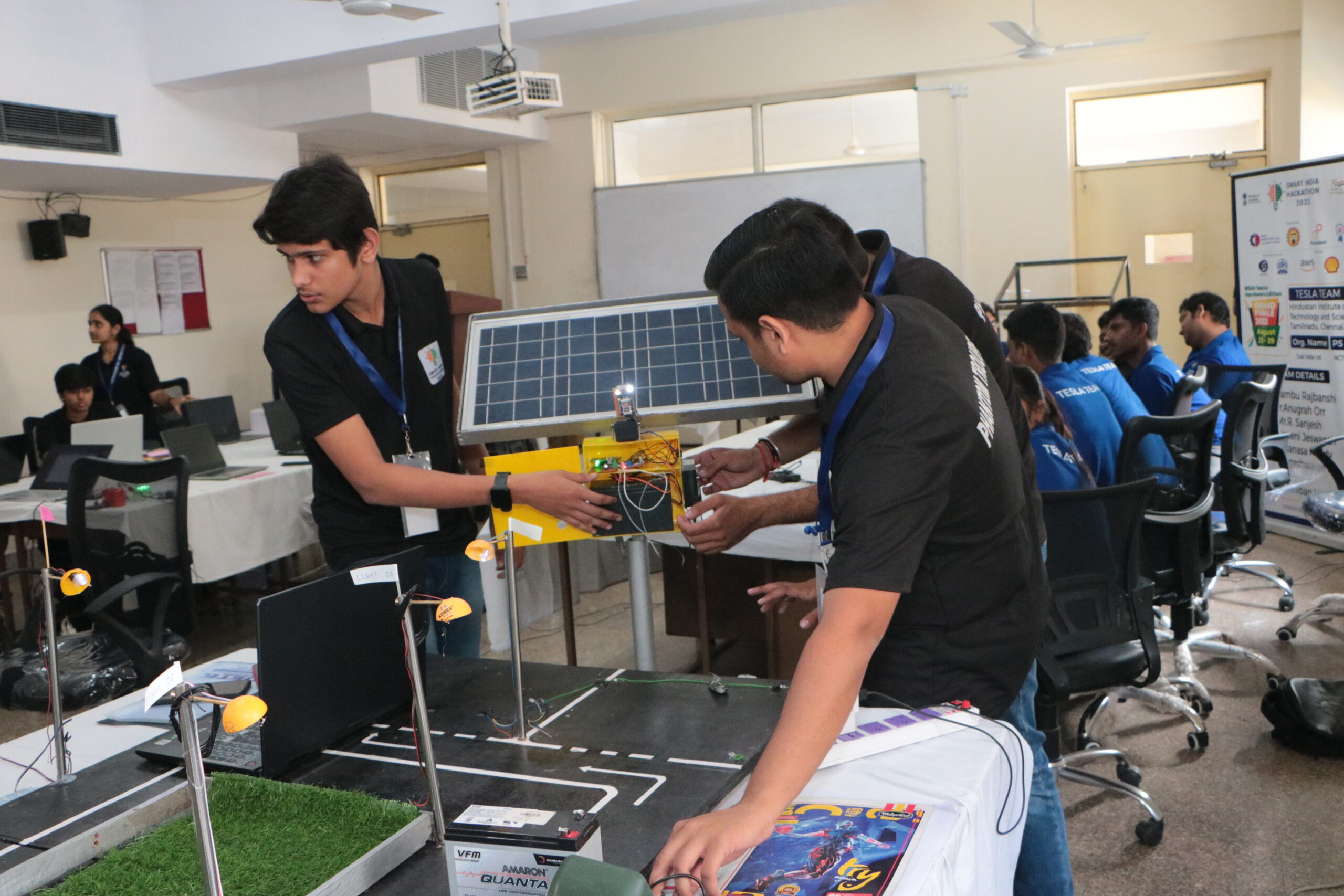University Grants Commission has announced that it will be launching new research grants and fellowship schemes on the occasion of Teachers Day 2022. UGC India will be launching 3 research grants and 2 fellowship schemes, as per this announcement. These new schemes would be launched on September 5, 2022 at 3 PM through the livestream through the official Twitter and YouTube channels of the commission.
Following mentioned are the grants that will be launched for faculty members and in-servicde members,as per the information issued by UGC:-
1. Dr. D.S. Kothari Research Grant for Newly Recruited – The D.S Kothari scheme is a post-doctoral fellowship scheme for those in the field of sciences, medical and engineering sciences. The tenure will be for 2 years.
2. Research Grant for In-Service Faculty Members. The tenure will be for 2 years.
3. Fellowship for Superannuated Faculty Members – UGC launched this scheme in order to provide an opportunity to the superannuated teachers who have been actively engaged in research and teaching programmes. The tenure will be for 3 years.
A post-doctoral and doctoral scheme will be launched, under the fellowship schemes. All of these schemes will be launched on September 5, 2022. These are –
1. Dr. Radhakrishnan UGC Post-Doctoral fellowship scheme – The objective behind this fellowship is to provide an opportunity to carry out advanced studies and research in the fields of Humanities and Social Sciences including languages in Indian Universities, Colleges, and Institutions. The tenure will be for 3 years.
2. Savitribai Jyotirao Phule fellowship for the single girl child. The tenure for this doctoral fellowship will be for 5 years.






